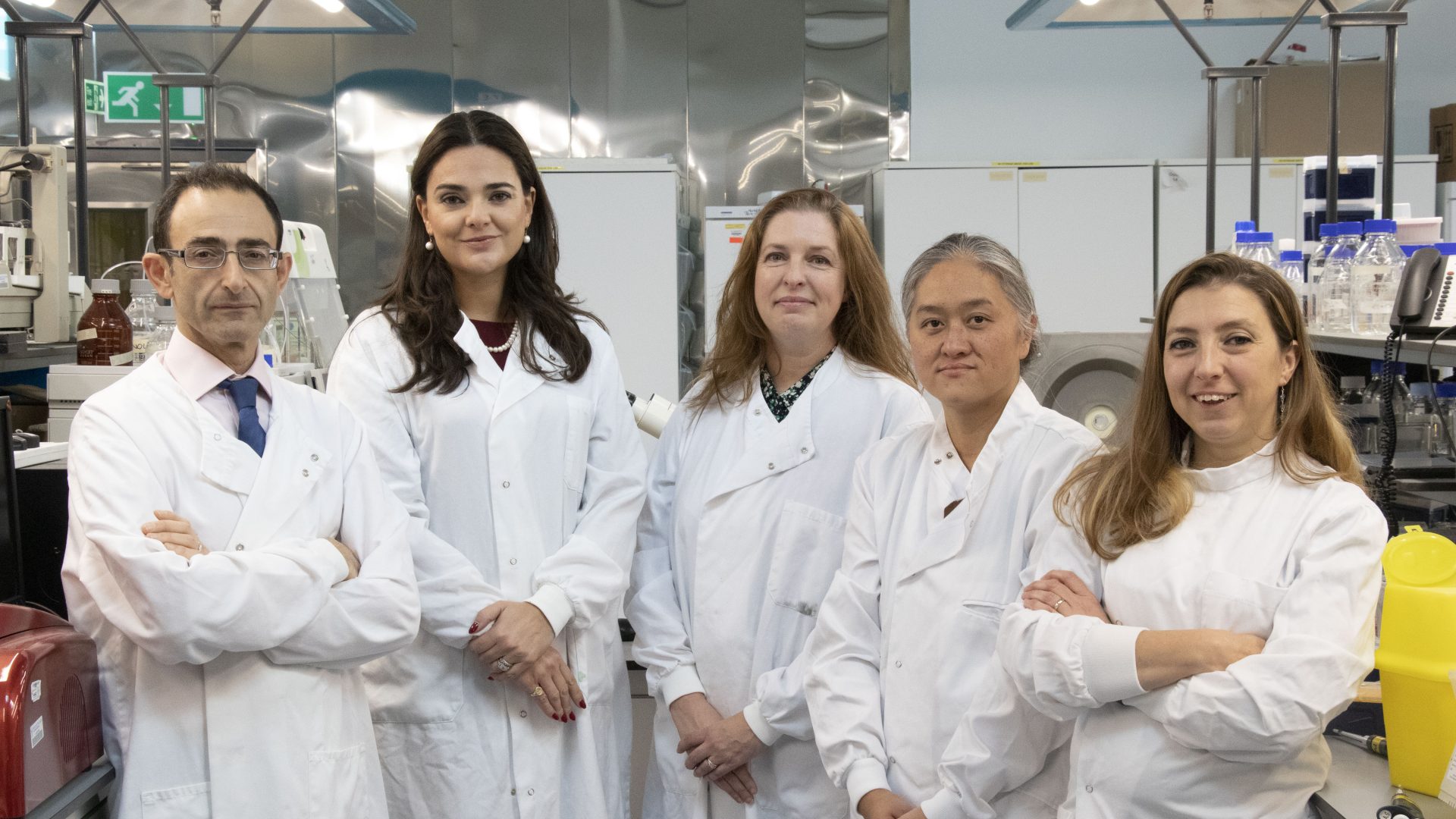Metabolism and obesity
The network is led by five Co-Principal Investigators (PIs): Professor William Alazawi, Dr Dunja Aksentijevic, Dr Katiuscia Bianchi, Dr Li Chan and Dr Sian Henson. They will study how the body regulates its metabolism and how disordered metabolism can lead to obesity. Metabolism are the chemical reactions in the body’s cells that change food into energy.
Dr Sian Henson, Co-PI, said: “The commitment from Barts Charity allows us to develop and strengthen the existing expertise in metabolism contained within the Faculty.”
Obesity is not simply about overeating or under-exercising. Our genes, our metabolism and the environment we live in all contribute to developing the condition and the life-threatening illnesses it causes. Obesity increases the risk of diabetes, liver and heart disease, and cancer.
Weight loss difficult to achieve
East London is one of the most ethnically diverse and economically disadvantaged populations in the UK. People from different social or ethnic groups suffer the complications of obesity differently. Worryingly, over one-third of 11-year-olds in East London live with obesity and this proportion has risen to nearly 40% during the Covid-19 pandemic.
For people with either genetic predispositions to obesity or living in economically deprived areas, weight loss is difficult to achieve and harder to maintain. The current poor understanding from health professionals of the drivers of appetite, obesity and its complications, leads to stigma and impacts access to treatments and services.
"We hope to create an internationally competitive programme that will positively affect the lives of those around the world."Professor William Alazawi, The Blizard Institute at Queen Mary University of London
A collaboration of scientists and clinicians
To begin to tackle these local and global inequalities, the Barts Metabolism Network will hope that its research into metabolism and obesity will help patients receive improved care and treatment of related disorders. It will also develop new therapeutic approaches.
Speaking about the importance of diversity and inclusion, Dr Dunja Aksentijevic said: “The Barts Metabolism Network will build the capacity of women in science and technology at Queen Mary, as 4 out of 5 co-PIs are female scientists.”
Professor William Alazawi Co-PI, said: “Ultimately, our vision is of a collaboration of scientists and clinicians dedicated to research that will improve our understanding of metabolism science which will improve the lives of people living with metabolism-related disorders. We hope to create an internationally competitive programme that will positively affect the lives of those around the world.”


